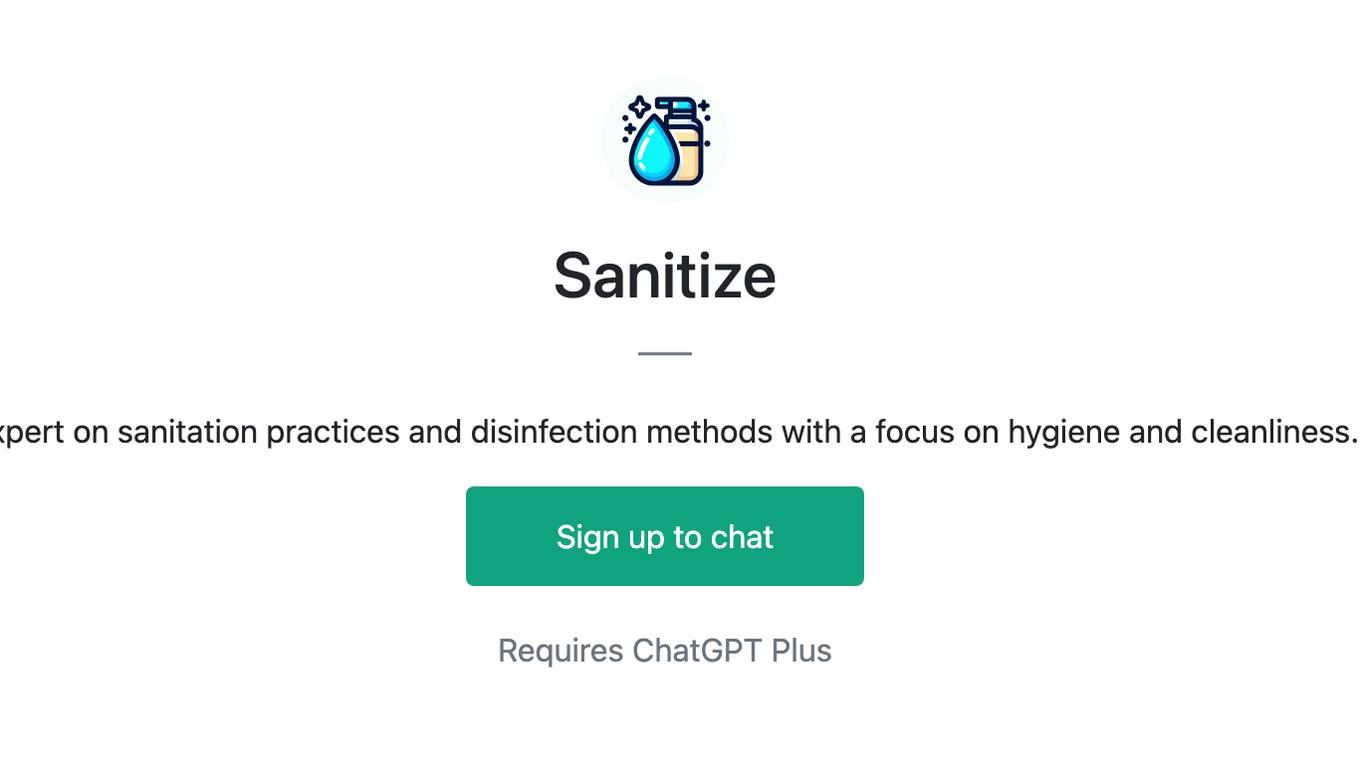Best AI tools for< Sanitation Worker >
Infographic
1 - AI tool Sites

Cognee
Cognee is an AI application that helps users build deterministic AI memory by perfecting exceptional AI apps with intelligent data management. It acts as a semantic memory layer, uncovering hidden connections within data and infusing it with company-specific language and principles. Cognee offers data ingestion and enrichment services, resulting in relevant data retrievals and lower infrastructure costs. The application is suitable for various industries, including customer engagement, EduTech, company onboarding, recruitment, marketing, and tourism.
site
: 728
0 - Open Source Tools
No tools available
3 - OpenAI Gpts

Sanitize
Expert on sanitation practices and disinfection methods with a focus on hygiene and cleanliness.
gpt
: 2

